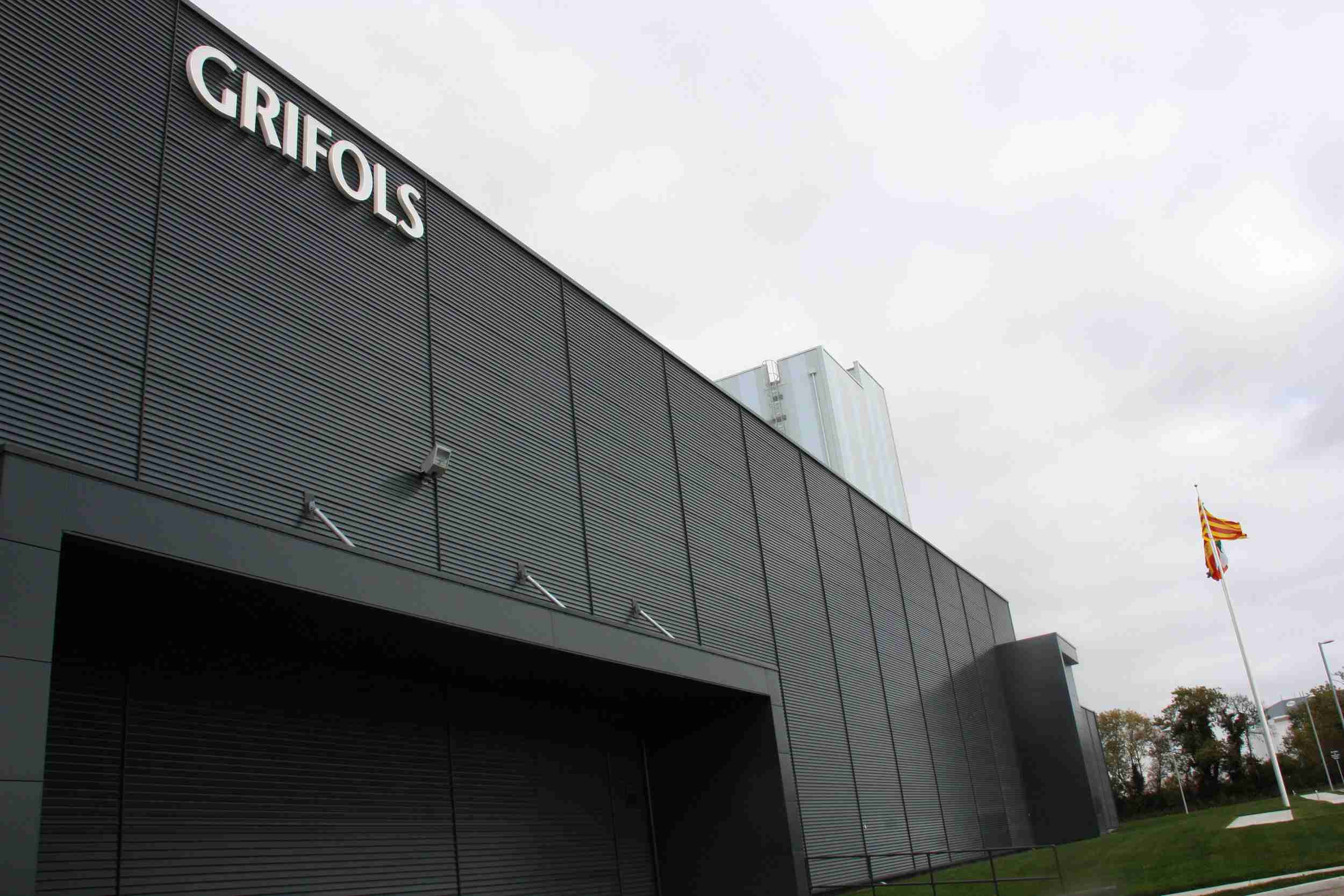Catalan pharma firm Grífols has presented the latest results of a major clinical study on Alzheimer's disease, which it has called a "breakthrough" in reducing the progression of the disease in patients with mild-to-moderate Alzheimer's. The study, known as AMBAR (Alzheimer's Management by Albumin Replacement), has involved replacing the blood-plasma of patients taking part, in an attempt to slow down the progression of the condition.
Results from the study have been released over the last 14 months as they have become available, with a first conclusion announced late last year that showed a 61% reduction in the progression of the disease among those suffering from moderate Alzheimer's.
The latest results, completing the study, were announced on Friday at the Clinical Trials on Alzheimer's Disease (CTAD) conference, in San Diego, California. Neuroimaging data from the study has now become available, confirming the positive results particularly in patients receiving both albumin and immunoglobulin in the plasma-exchange therapy. Compared with the placebo group, these patients presented less reduction of cerebral glucose metabolism after 14 months of the trial, suggesting a reduction in their neuronal damage.
The medical director of the Grífols AMBAR Clinic Programme, Antonio Páez, explained that the results are "encouraging news for patients with mild-to-moderate Alzheimer's".
He added that these results are "the result of the effort of more than 15 years of rigorous research. The company will continue to investigate this devastating condition that affects millions of patients around the world".
Grífols is to meet with the US Food and Drugs Administration to discuss the clinical development programme, and the design of the next AMBAR II study, which will deepen and complement the clinical trial which has now concluded. The giant Grífols company, founded in 1940 in Barcelona, is a European and worldwide leader in blood-plasma products, employing 24,000 people in 30 countries.
AMBAR, international clinical trial
AMBAR was an international trial in which moderate and moderate Alzheimer's patients from 41 Spanish and US hospitals took part.
The study included 496 patients, aged from 55 to 85, with mild and moderate Alzheimer's, who were randomly assigned to one of three treatment groups, plus a fourth control (placebo) group.
The intention was to evaluate the efficacy and safety of treating mild and moderate Alzheimer's disease through short-term plasma replacement, followed by long-term plasmapheresis - that is, plasma filtering - using albumin and immunoglobulin proteins.
The study found that there was a 61% reduction in disease progression in the cohort of patients with mild-to-moderate Alzheimer's who were receiving plasma-exchange therapy. There were positive impacts on memory and quality of life for patients with moderate Alzheimer's, and in language and processing speed in patients in a mild stage of the disease.

